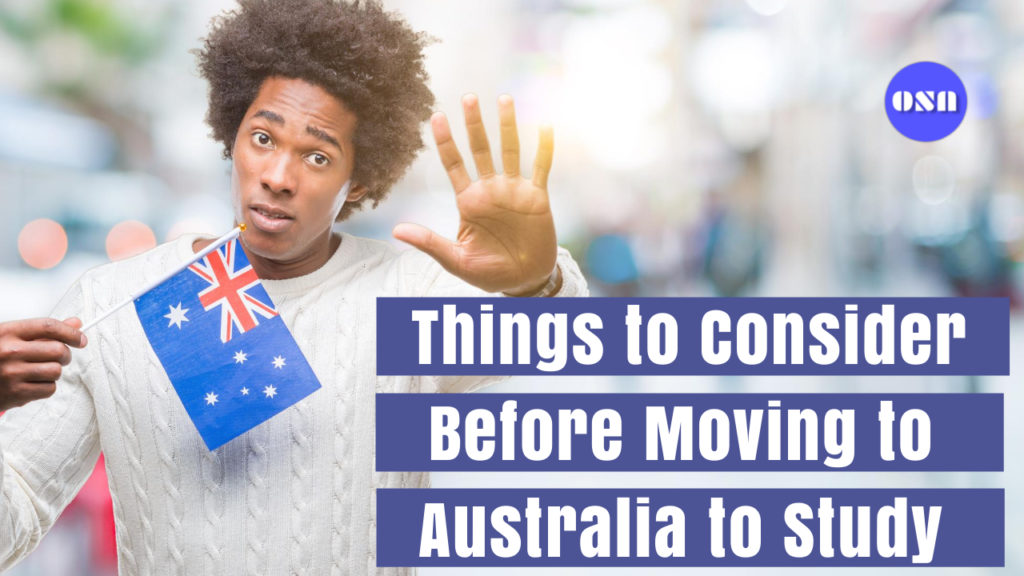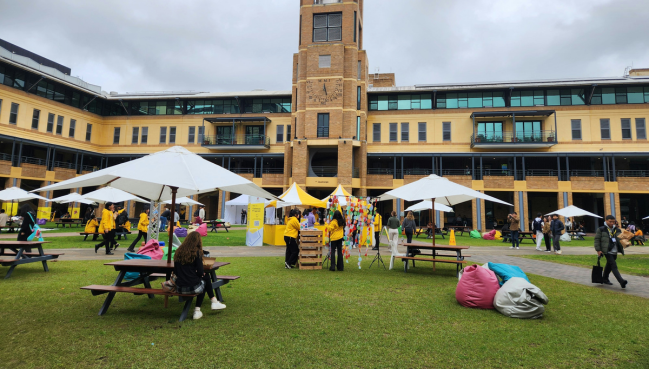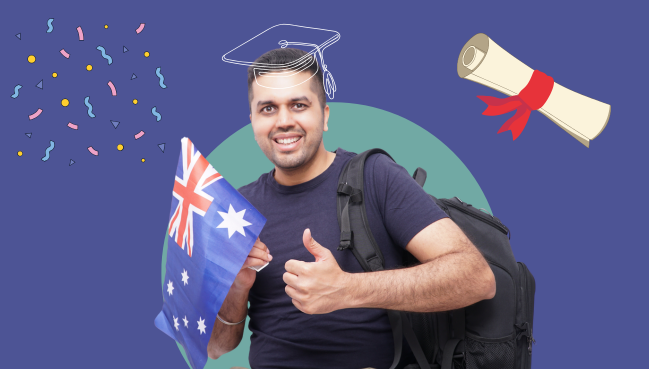Things You Should Keep in Mind Before Moving to Australia to Study

The opportunity to study in Australia is a much sought-after experience that students worldwide look to make a reality. But there are things you have to think about before moving.
If you’re moving to Australia to study, here is a checklist of things you’ll need to consider before you arrive.
Research Locations
Australia is a vast and diverse country with several climates and cultural differences. Before deciding on your course, research the locations on offer and ensure that wherever you are studying is somewhere that will suit you.
For example, if you’re looking to study marine biology, the coast of Queensland, with its diverse maritime ecosystem, will be the perfect location. Meanwhile, anyone studying business or finance would be better off looking in Australia’s financial capital, Sydney.
After the decision is done, there is another one. You have to find a proper place to live in your location. No need to say that you have to go online. With modern sites, like Rentola, offering a vast range of outstanding student accommodation across Australia, finding somewhere to live will be nice and easy.
There is something to suit everyone, whether people are looking for rural or urban ways of life.
Get the Right Visa
If you aim to study for longer than three months in Australia, you must get a study visa. The application process is straightforward and can be completed online, and when granted, the visa is automatically linked to your passport.
A regular visitor’s visa often covers courses lasting less than three months. However, it is prudent to check this before you travel.
So, while you won’t need to wait endlessly at embassies to pick your visa up, they are relatively expensive. Make sure you have the money readily available when submitting your application.
Health Insurance
Depending on your course provider, you will likely need to organize health insurance. Study abroad programs generally include health insurance as part of their offering, but university study will require you to organize health insurance.
Under Australian law, all students are required to obtain Overseas Student Health Cover (OSHC). Insurers provide several types of cover, so it pays to do your research and pick the policy that best suits your needs.
If you’re unsure whether health insurance is included as part of your course, speak to your provider before you travel.
Set Realistic Budgets
There’s no getting around the fact that Australia is an expensive country to live in. Melbourne and Sydney are almost ever-present in the list of top 10 most expensive cities worldwide.
Whether housing, food, or home supplies, be prepared to pay top dollar.
Take time before you travel to research prices, create a realistic budget and make every effort to stick to it. There will sometimes be unforeseen expenses that crop up. However, it’s estimated that students should allow $6,000 to 7,000 on top of tuition and accommodation expenses annually.
Topsy-Turvy Seasons
For anyone living in the northern hemisphere, one of the most significant cultures shocks Australia will provide is the switch in seasons. While Christmas is often spent basking in temperatures over 100 Fahrenheit and with shrimps broiling on the barbecue, be prepared for the shock of winter.
As May, June, and July approach and you’re used to wearing short sleeves and basking in the glow of warm sunshine, the southern cities in Australia do get cold during the Aussie winter. So make sure you prepare and pack accordingly, just as you would for a European or North American winter with plenty of layers and winter woollies.
Striving for a Grade HD
The grading system in Australian education can take some getting used to. Rather than Grade A being the pinnacle and what students strive towards, they aim for a Grade HD.
There are five grades in Australia. They are:
- HD – High Distinction
- D – Distinction
- C – Credit
- P – Pass
- F – Fail
There’s every chance your first instinct will be an acute disappointment when you see a Grade C or D on your first few assignments before realizing that you’ve done a fine job.
Find Work
The cost of living and studying in Australia is well-known. However, it is possible to help fund your education while living there by getting work, just as you might at home.
A study visa in Australia usually allows you to work a certain number of hours weekly. While the cost of living is high compared to other parts of the world, the good news is that the minimum wage also pays much more than it does elsewhere.
As well as helping to bridge that funding gap and improve your quality of life while in Australia, it’s a great way of meeting people and making new friends in foreign climes.
Get an Australian Bank Account
If you have a study visa and are going to be studying for longer than one semester, it’s sensible to get an Australian bank account.
This will be essential if you are also working around your studies to help make ends meet.
Withdrawing money from your bank at home and using a bank card from another country will incur fees that will soon add up and begin to eat into your much-needed funds. If you can save a little each month, many Australian banks offer attractive interest rates for savers.


